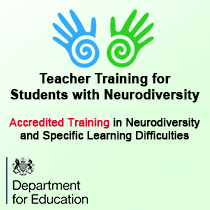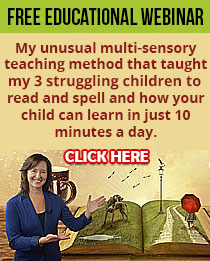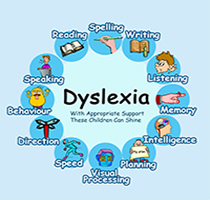
The Difference is Personal The degree of difficulty a dyslexic person has with reading, spelling, and/or speaking varies from person to person apparently due to inherited differences in brain development, as well as the type of teaching the person receives. The brain is normal, often very “intelligent,” but with strengths in areas other than the… Read More »








 November 11th, 2014
November 11th, 2014  Liz Dunoon
Liz Dunoon  Posted in
Posted in 





